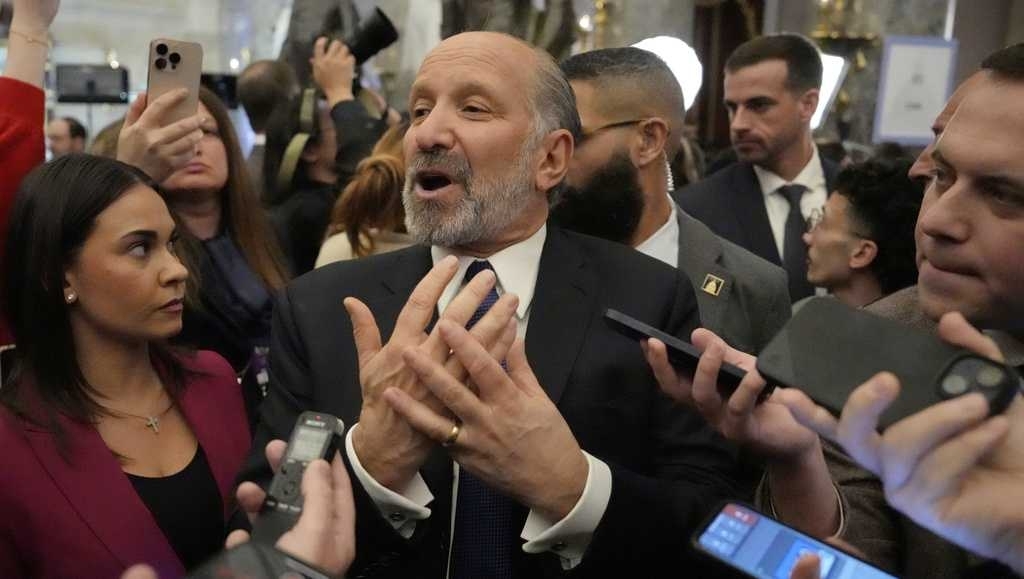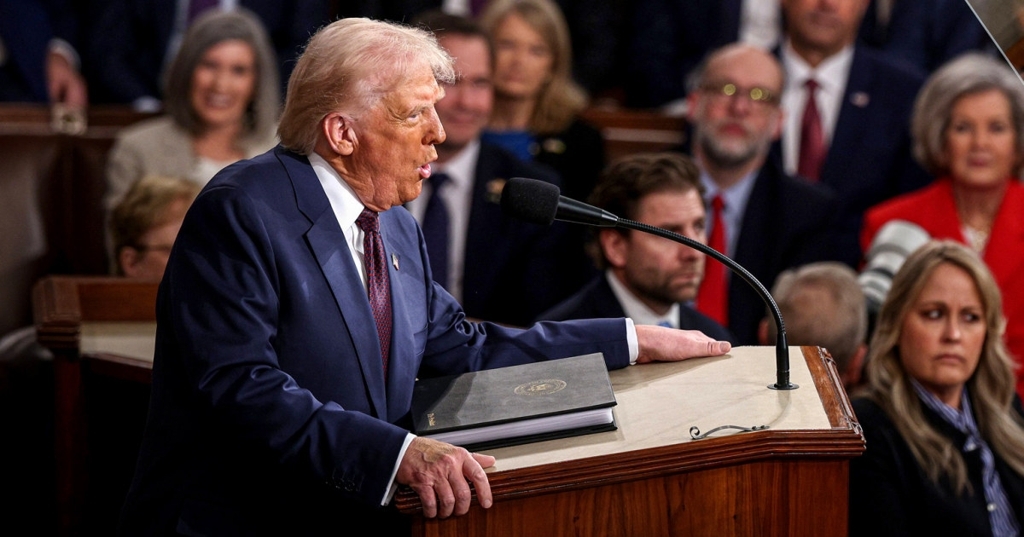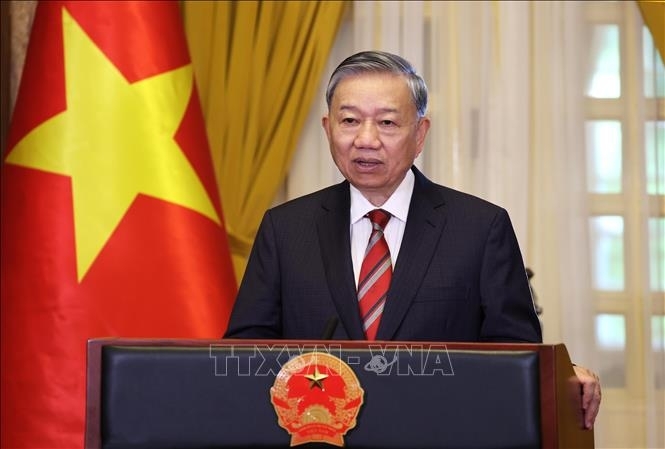Trump's Tariff Exemption Boosts U.S. Automakers Amid Challenges
Explore how Trump's one-month tariff exemption offers U.S. automakers a strategic advantage while navigating complex trade relations with Canada and Mexico.

Key Points
- Trump's one-month tariff exemption for U.S. automakers aims to prevent immediate economic disadvantage amid new trade tariffs on Canada
and Mexico.
- The exemption allows manufacturers to adapt while highlighting ongoing concerns around pricing inflations and trade relations influenced by fentanyl trafficking.
- A positive market reaction signals optimism for further negotiations, emphasizing the importance of dialogue in shaping future trade policies.
In a notable move, the Trump administration has introduced a one-month exemption from new tariffs for U.S. automakers on imports from Canada and Mexico. This decision, announced recently by
Press Secretary
, comes as car manufacturers including Ford,
, and
expressed concerns over the economic impact of these tariffs. The administration's intent is to prevent these companies from facing an immediate economic disadvantage as the tariffs take effect.

Understanding the Tariff Landscape
The recently imposed tariffs, as high as 25%, could potentially disrupt the pricing of various goods, including food and lumber, in addition to vehicles. Commerce Secretary
pointed out that there might be short-term price movements but assured that the long-term impacts would be significantly different. Indeed, these tariffs are rooted in a broader agenda aimed at addressing concerns surrounding fentanyl trafficking from Canada and Mexico, which Trump highlighted during his discussions with global leaders.
For these automakers, this exemption is crucial, especially as they have voiced concerns about the impending steel and aluminum tariffs set to be enforced shortly after this reprieve. This is particularly relevant given that automotive manufacturing heavily relies on these raw materials. By delaying these tariffs, the administration allows time for negotiations and potential adjustments in trade relations, fostering a more collaborative atmosphere toward resolving trade disputes.

The Impact on Stock Markets and Consumer Prices
The immediate response to the tariff exemption announcement was a positive uptick in U.S. stock markets, hinting that traders hold an optimistic outlook for further negotiations that may benefit automakers. However, it is essential to consider the broader market implications. While the short-term impact may suggest relief, there's an underlying concern regarding long-term price inflation that could affect consumers. As companies navigate these tariffs, any transition in pricing structures may ripple through the economy.
Trump’s remarks about the potential for evolving trade relationships indicate a willingness to engage with Canadian and Mexican counterparts for a resolution that satisfies all parties involved. Such diplomatic efforts highlight the importance of continuous dialogue in international trade policies. For instance, Trudeau, in response to Trump’s assertions regarding fentanyl, indicated improvements are being made, yet Trump remained firm that further actions are necessary to curb the crisis.

Looking Ahead: Potential Outcomes
As we glance toward the future, it's clear that the auto industry will be closely monitoring these developments. The one-month tariff exemption provides a brief window for automakers to adapt to changing conditions while engaging with government officials. Furthermore, the added pressure of steel and aluminum tariffs emphasizes the need for strategic planning within these companies. They must focus on how to innovate and remain competitive in a fluctuating economic landscape.
Ultimately, the actions taken in the coming weeks could set a precedent for future trade dealings between the U.S. and its neighbors. The ongoing negotiations are not just about tariffs; they reflect the multi-faceted intricacies of international relations and economic cooperation. As both sides work toward a resolution, the emphasis should remain on sustaining relationships that foster growth and trade rather than conflict.
This one-month exemption serves as a temporary but significant reprieve for U.S. automakers, aimed at easing financial strains while negotiations continue. It is a critical moment in trade policy, with potential long-lasting implications for the automotive industry and the broader economy. As stakeholders on all sides navigate these challenges, active dialogue and collaboration will be vital in shaping the future of trade between the U.S., Canada, and Mexico.


